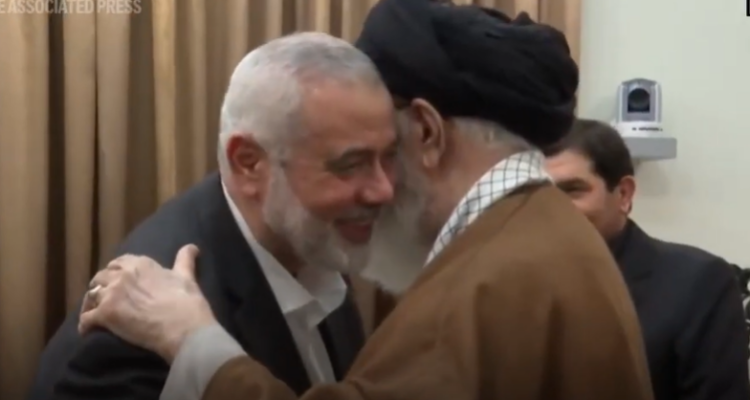“We shouldn’t have waited for a disaster to defend our citizens,” says MK Sharren Haskel of the response to the Majdal Shams massacre.
By World Israel News Staff
MK Sharren Haskel (National Unity) spoke out about the recent killings of Hamas politburo head Ismail Haniyeh and Hezbollah military commander Fuad Shukar, stating that their slayings were a positive development.
“The world is definitely a better place without them. They were in charge or had the key role in murdering thousands — probably even more — of innocent people,” Haskel told Arutz Sheva.
She added that Shukar, who was a senior military advisor to Hezbollah chief Hassan Nasrallah, played a “key role” in the 1983 Beirut barracks bombings. That attack killed 241 American Marines and 58 French military personnel, as well as six civilians.
Many don’t understand the “scope and devastation of what these two people have done in this world,” she said to Arutz Sheva.
Despite praising the assassinations, the lawmaker harshly criticized what she said is a sluggish Israeli response to Hezbollah aggression against the north of the country.
The Beirut assassination, Haskel said, “was a response to the massacre of 12 children, which was a complete disaster.”
Speaking about Saturday’s Hezbollah attack on a soccer field in the Druze town of Majdal Shams in the Golan Heights, she noted that the victims were “12 innocent children, who just wanted to play soccer. Those monsters murdered them in cold blood.”
Haskel said that Israel should have taken decisive action to stop Hezbollah attacks on the north before the tragedy.
“Every day there are rockets, there are drones, there are missiles that are being fired and shot toward innocent civilians here in Israel by Hezbollah, on the orders of Iran,” she told Arutz Sheva.
Before the Majdal Shams massacre, she said, “we had dozens of people being murdered here in Israel by Hezbollah.
“We shouldn’t have waited for a disaster to defend our citizens, our people. It should have happened before. We should have drawn the red line prior to that.”
Haskel appeared to imply that the killing of Shukar isn’t the end of Israel’s response to the massacre.
“There has to be a very harsh response that will draw a red line, that will bring back deterrence to our country, to our people, so that they can live here safely and securely,” she said, referring to the some 100,000 Israelis in the north and south regions who remained displaced from their homes more than nine months after October 7th.





